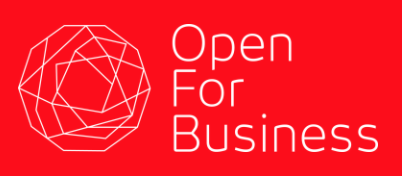Phase 2, Post 7
- Helen

- May 7, 2020
- 2 min read
Although some countries have gotten significantly better at gender inclusivity, there are still some that haven’t done much or enough for their people. Despite everything going on and some people and cultures still not being fully accepting, I am fortunate enough to grow up in New York where is is ok to be gender non-conforming or of the LGBT+ community. Our first speaker, Yvonne Muthoni, talked about how she does not have this luxury where she is from. In African countries it is simply just not okay to identify as any gender other than the gender you were identified with at birth. This presents a lot of difficulties for many people not only in their social lives but in all aspects of their lives. Many companies discriminate LGBT+ people and because of this they have limited opportunities when it comes to a career. This is where Yvonne comes in with her company Open For Business. Her company creates an environment that is accepting of all people and allows them equal opportunities. When talking about all of this, she also brought up the term “pinkwashing”. Many companies, not just in Africa, are guilty of pinkwashing, that is, advertising themselves as LGBT+ friendly only for the publicity when in reality they don’t truly support LGBT+ rights and values. Yvonne is working against companies pinkwashing and is even telling people of ways they can avoid being accused of pinkwashing.
The second set of speakers of the class spoke about the research they are conducting for the betterment of different communities in Africa. Joshua Ogure was focusing specifically on mapping Kibera. I found this particularly interesting because I didn’t realize how much of a difference a map can make and how much time and research went into it. I use a map almost everywhere I go as I’m sure most of us do when we pop out of phones and use our GPS’s to find how to get somewhere or figure out exactly where we are. Joshua talked about the steps he took towards developing an initial map and then the further steps he and his team took towards developing different types of maps. He was able to develop maps for health (showing where hospitals and health care centers were located), security maps, education maps (showing where sites for education were located and the quality of the site) and water and sanitation maps. He and his team obviously needed technological competence to digitize their findings to develop such maps but none of this would have meant anything if they weren't culturally competent. He was transparent with his work and made sure that the locals were aware of his work as well so that in collaboration things could get done more efficiently.





Comments